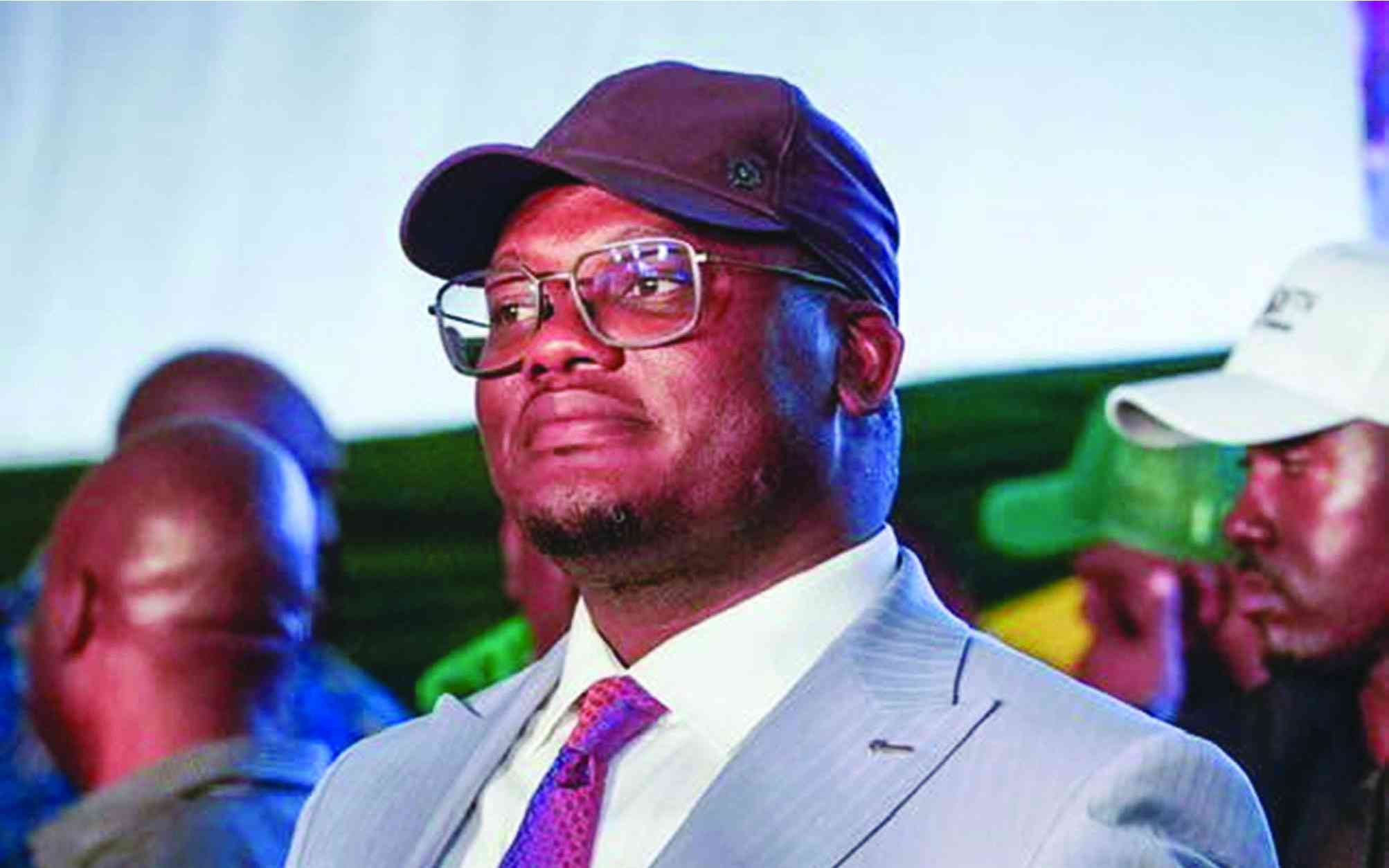
THE Continuous Assessment Learning Activity (Cala) curriculum, which was introduced in 2017 and assesses Zimbabwe School Examinations Council candidates continuously through coursework, contributing to 30% of their final grade, continues to widen the inequality gap in the education sector.
While the curriculum has good intentions such as developing skills for every learner and allowing them to excel in areas that are not limited to academic study, the system has proven to be very expensive and inaccessible to children in disadvantaged communities.
Last week, the Primary and Secondary Education ministry carried out nationwide consultation meetings with parents, guardians and other stakeholders to assess and review the curriculum.
Some of the concerns that were noted were that the syllabus continues to heighten the already existing inequalities that exist in the education system.
Also, the syllabus, which is financially demanding in an ailing economy, continues to put a strain on parents as it is costly.
They are always being forced to reach deeper into their pockets so as to purchase or pay for the material needed for the various subjects.
Parents have had to purchase expensive gadgets for their children to catch up with the syllabus, a privilege enjoyed by those with the financial means to do so, while leaving behind those who have little to no financial means.
Although it is well-intentioned, the syllabus cannot be applied using a blanket approach, thus it continues to disadvantage a certain section of the population, particularly those in the rural areas as it is demanding technologically.
- Zimsec, teachers clash over Cala allowances
- Govt pleased with teacher turnout, but ...
- Teacher shortage hits rural schools
- Letters:Only an engineer can save Zimbabwe from her problems
Keep Reading
The promotion of technology in schools, particularly in the rural areas, continues to move at a snail’s pace, with most schools not having basic facilities such as computers, internet or even electricity.
This is despite the fact that government introduced and approved the National e-strategy 2021, which is a joint initiative of the ministries of Information, Communication, Technology, Postal and Courier Services and Primary and Secondary Education.
While the strategy was meant to result in 1 500 schools being connected to the broadband and 3 000 teachers receiving information technology training by 2021, little effort has been put to ensure the smooth implementation of the e-learning strategy, particularly in the rural areas where internet access remains a pipe dream for most.
Parents have also been accused in some instances for doing entire projects that form part of the final mark for their children.
Poorly paid teachers have been complaining about the strain caused by the curriculum, what they are paid does not correspond to the demands of the curriculum.
With the curriculum under review, there is need to streamline it into a mode that fits the local setting, that fits Zimbabwean society given the current social-economic standing of the country.
There is need to ensure that the curriculum is aware and awake to the realities of the Zimbabwean economy and Zimbabwean society.-Zimbabwe Coalition on Debt and Development
Support for women leaders starts at home
THE Women’s Academy for Leadership and Political Excellence (Walpe) with support from Diakonia conducted male engagement sessions for gender equality in Gwanda, Matabeleland South province, last month with 50 men.
The male engagement sessions conscientised the participants on the need and benefits of supporting gender equality as well as contributing to a peaceful and conducive environment for women to freely and actively participate in leadership processes and elections.
Through engaging the men in Gwanda, Walpe understood their perspective on gender equality, their concerns and fears and went further to demystify some of the myths and falsehoods they had related to women in leadership.
During the sessions, the men noted that they have a role to play in addressing some of the challenges listed below in order to increase women’s chances of making it into leadership positions. And these are:
lEliminating all forms of violence against women in politics.
lLack of a broader sexual harassment policy that criminalises the harassment of women activists.
lVote buying of potential voters by men especially during candidate selection processes leading to women getting fewer votes.
lRampant cyber-bullying, online violence and revenge pornography that tarnishes the image of aspiring women leaders and bruise their self-confidence.
The men also indicated that another hindrance to women’s full participation in leadership and political processes was the burden of unpaid care and domestic work (UCDW).
They indicated that since a lot of women spend time at home doing household chores, they miss out on opportunities to attend meetings and rallies.
The men encouraged each other to be champions for equality and start engaging other men to help with households chores and the redistribution of UCDW.
At the end of the sessions, the men agreed to:
lRaise more awareness among their peers on the ills of perpetrating violence against women in politics.
lSupport and vote for women who would have showed up for leadership and join their campaign teams.
lDesist from vote buying and assist in creating a conducive environment for women to freely participate in politics as both voters and candidates.-Walpe
There must be more efficiency, transparency and accountability at AU
A POIGNANT intervention by the president of the Pan-African Parliament (PAP), containing input from a reinvigorated and renewed PAP on the reform of the African Union (AU), especially related to the PAP, was one of the key highlights of the recently concluded Retreat on Institutional Reforms and the preparations of the second decade of Agenda 2063 held in Kigali, Rwanda.
Highlighting the significance of the gathering in Kigali, PAP president Chief Fortune Charumbira told AU stakeholders, including AU Permanent Representatives’ Committee (PRC); African Union Organs; and the Regional Economic Communities (RECs), that this reform process was long overdue especially in the face of a sceptical African citizenry who have begun to question the value of the AU and its various organs and agencies.
The Kigali Retreat was convened to review the mandates of the AU organs, permanent representational offices, specialised technical agencies, and liaison offices of the African Union; and strengthen the working methods of the African Union Peace and Security Council and its role in conflict prevention and crisis management.
In his address at the retreat, Chief Charumbira recalled that the founding fathers realised that without a continental legislature made up of the people’s elected representatives, the union was a union of member States and not a Union of African citizens.
He said: “The founding fathers realised that without a continental Parliament, the quest for representative democracy, popular participation and continental integration would be remain nothing more than a pipedream.”
Lending full support to and concurring with the recommendations by the Reform Unit, Chief Charumbira gave a robust expose with recommendations in various aspects, critical to the success of the reform process as far as the PAP within the AU architecture is concerned.
The recommendations pertained to the status of PAP bureau and MPs; PAP budgetary oversight function; oversight and joint programming; the issue of non-referral to PAP of matters by policy organs; and lack of financial control by the PAP bureau, among other recommendations.
Another key aspect unpacked by the leader of the continental Parliament was the decentralisation of systems to enable efficacy throughout the AU.
The centralisation of business processes and systems at the African Union Commission (AUC), though driven by the desire to eradicate inefficiencies, has ironically resulted in even greater inefficiencies.
The AUC must consider decentralising business systems and processes to organs, including recruitment, to enhance efficiency and timely service delivery.
The report from the retreat will be considered in the processes of the AU policy organs before being presented for consideration by the assembly of heads of State and government.-Pan-African Parliament






